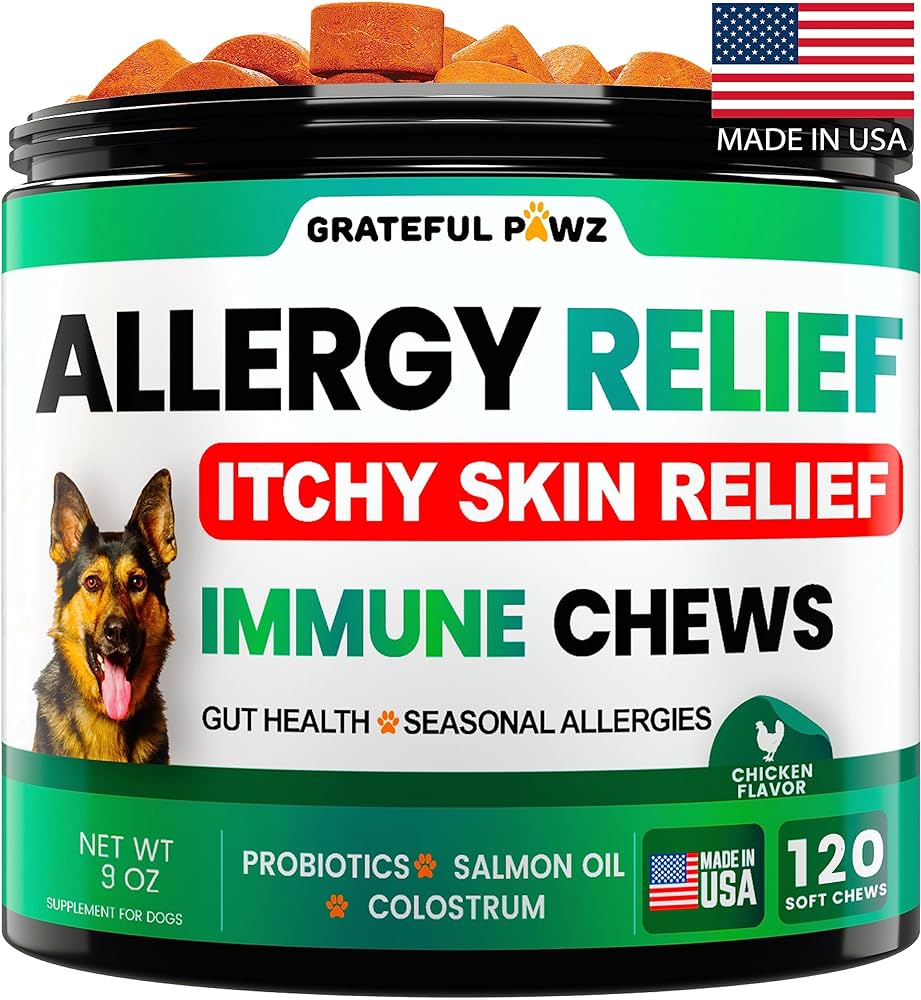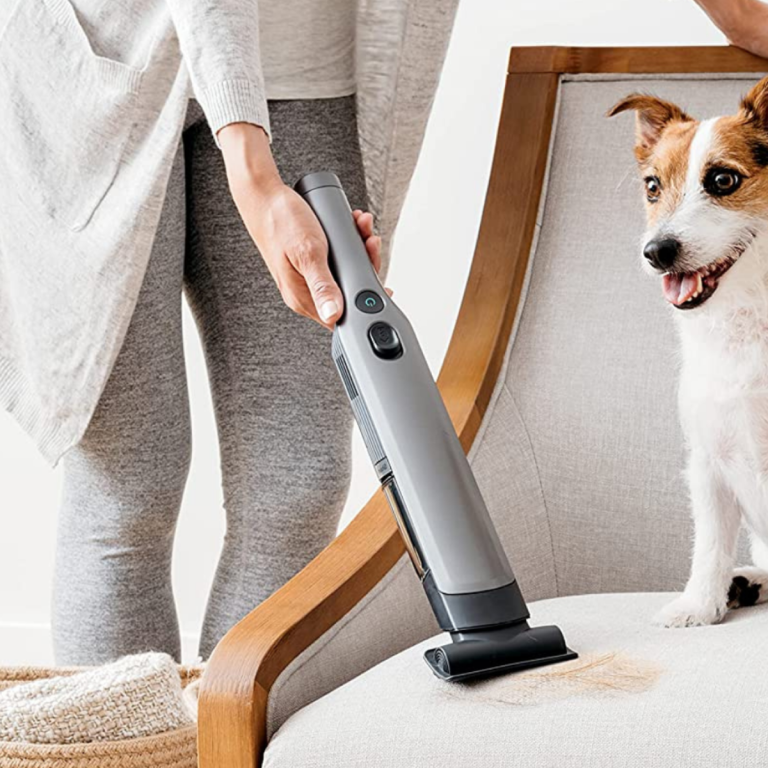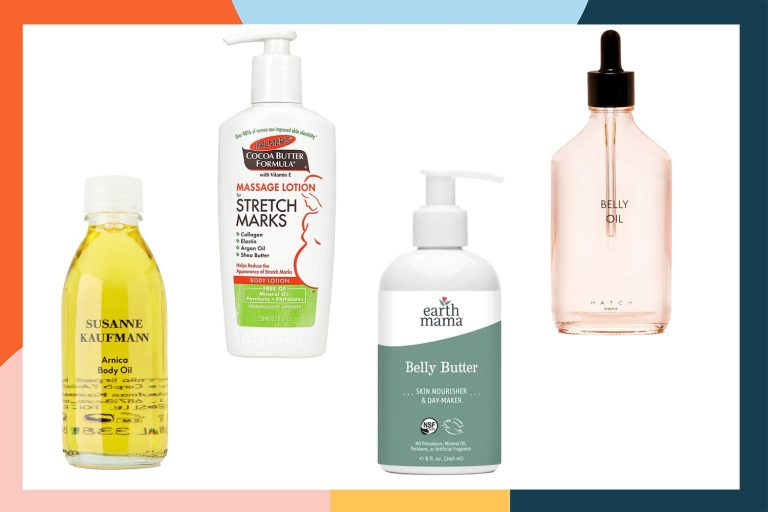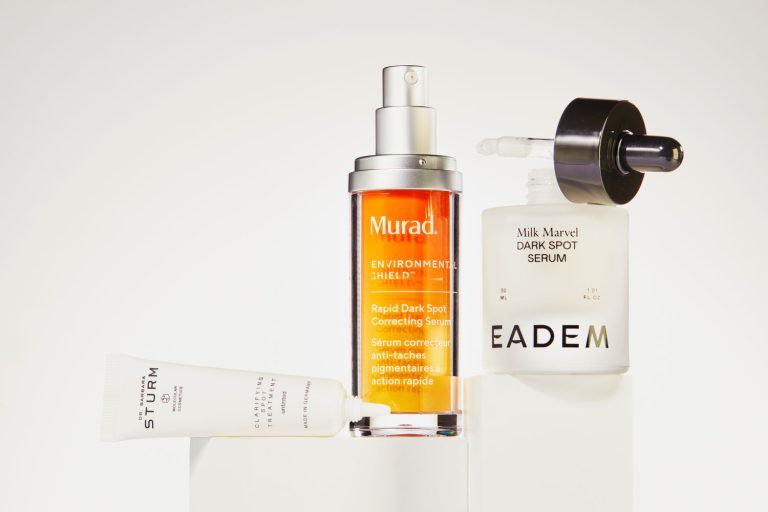9 Best Itch Relief for Dogs: Top Solutions for Allergy, Parasite, and Skin Irritations
Watching your furry friend constantly scratch and bite at their skin can be heart-wrenching. Dogs experience itching for various reasons, from allergies to parasites, and finding the right relief can make all the difference in their comfort and well-being. You want to help them feel better fast, but with so many products on the market, it’s tough to know where to start.
In this article, we’ll explore the 9 best itch relief options for dogs, covering everything from topical treatments to dietary changes. Whether your pup’s itching is mild or severe, we’ve got the solutions you need to restore their happiness and health. Let’s dive in and find the perfect remedy for your itchy canine companion.
Understanding Why Dogs Itch
Knowing why your dog is itching helps you choose the best relief. From allergies to parasites, various factors can make dogs scratch excessively.
Common Causes of Itching in Dogs
Several factors can lead to itching in dogs. Allergies are a primary cause. These can be due to food, pollen, or even dust mites. Itchy skin may also signify a reaction to fleas or ticks. Parasites like mange mites and lice can also cause intense itching. Certain skin infections, fungal, or bacterial, are other culprits. Finally, environmental factors such as dry weather or exposure to irritants like household cleaners can lead to itchiness.
Identifying Symptoms of Serious Skin Conditions
Recognizing the symptoms of serious skin conditions is crucial. Hair loss, redness, and sores often indicate severe issues. Persistent scratching, biting, or licking can signal deeper problems. Crusts, scabs, or thickened skin are also warning signs. If your dog has hot spots (red, inflamed areas), it’s time to consult a vet. Constant ear scratching or recurring infections may suggest an underlying issue that needs professional attention.
Overview of Itch Relief Options
You’ll find several itch relief options for your dog, including topical treatments, oral medications, and natural remedies. Each option caters to different causes and severities of itching.
Topical Treatments
Topical treatments work directly on the dog’s skin, providing fast relief. Shampoos containing oatmeal or aloe vera can soothe irritated skin. Sprays and creams with hydrocortisone can reduce inflammation and itching instantly. Always choose products formulated specifically for dogs to avoid harmful ingredients.
Oral Medications
Oral medications offer systemic relief, targeting the root cause of itching. Antihistamines like Benadryl can alleviate allergy-induced itching. Prescription medications such as Apoquel or Cytopoint provide long-term relief for chronic conditions. Consult your veterinarian for accurate diagnosis and dosage.
Natural Remedies
Natural remedies are great for mild itching and ongoing skin health. Coconut oil can be applied to soothe dry skin and provide antibacterial benefits. Adding omega-3 fatty acids to your dog’s diet can improve skin health from the inside out. Herbal baths with chamomile or calendula can reduce itchiness and promote healing. Always test a small area first to ensure your dog isn’t sensitive to these remedies.
Review of the 9 Best Itch Relief Products for Dogs
When your furry friend is constantly scratching, you want a fast and effective solution. Here are nine top itch relief products for dogs to help you decide.
Product 1: Overview and Benefits
Oatmeal Shampoo: Oatmeal shampoo is a popular choice for relieving mild itching and dry skin. It soothes and moisturizes, providing immediate relief.
Product 2: Overview and Benefits
Hydrocortisone Spray: Hydrocortisone spray reduces inflammation and itching quickly. It’s easy to apply and offers targeted relief for specific areas.
Product 3: Overview and Benefits
Benzoyl Peroxide Shampoo: Benzoyl peroxide shampoo helps with seborrheic dermatitis and folliculitis. It cleanses deeply, removing excess oil and bacteria.
Product 4: Overview and Benefits
Omega-3 Supplements: Omega-3 supplements improve skin and coat health. These supplements reduce inflammation throughout the body, providing overall itch relief.
Product 5: Overview and Benefits
Coconut Oil: Coconut oil is a natural remedy that moisturizes the skin and provides antifungal benefits. It’s versatile and easy to incorporate into your dog’s routine.
Product 6: Overview and Benefits
Apoquel: Apoquel is a prescription medication for severe itching caused by allergies. It offers fast relief and targets the underlying allergic response.
Product 7: Overview and Benefits
Antihistamines: Antihistamines like Benadryl can alleviate mild allergic reactions. Always consult your vet for appropriate dosage and usage information.
Product 8: Overview and Benefits
Colloidal Oatmeal Baths: Colloidal oatmeal baths provide a soothing effect for dry and itchy skin. They can be used regularly to maintain skin health.
Product 9: Overview and Benefits
Allergy Shots: Allergy shots (immunotherapy) offer long-term relief for chronic allergies. They reduce sensitivity over time, targeting the root cause of itching.
These products provide diverse options for handling your dog’s itching, from natural remedies to prescription medications. Choose one based on your dog’s specific needs and consult your vet for recommendations.
Applying Itch Relief Products Safely
Ensuring you apply itch relief products safely is crucial for your dog’s health. Follow these guidelines to maximize effectiveness while protecting your pet.
Tips for Safe Application
Read the Instructions. Always start by reading the product label and instructions. This ensures proper dosage and application.
Test on a Small Area. Apply the product to a small patch of skin first to check for any adverse reactions before full application.
Avoid Sensitive Areas. Keep the product away from areas like eyes, ears, and genital regions unless specified safe.
Wash Hands. After applying, wash your hands to prevent any accidental transfer to other areas or people.
Use the Right Tools. Use gloves and applicator pads if provided. It helps control the amount and distribution of the product.
When to Consult a Veterinarian
Monitor Reactions. If your dog shows signs of discomfort or adverse reactions, contact your vet immediately.
Persistent Issues. If itching persists despite using the product, consult your veterinarian. This may indicate a more serious underlying condition.
Follow-Up. For chronic itching, schedule regular check-ups to assess your dog’s response to treatment and adjust as necessary.
Dosage Clarification. If you’re unsure about the dosage or treatment schedule, your vet can provide clarity to avoid potential overdose or underdose.
Alternative Solutions and Preventative Measures
Exploring alternative solutions and taking preventative measures can significantly enhance your dog’s skin health. These approaches, when combined with conventional treatments, offer comprehensive itch relief.
Dietary Changes for Healthier Skin
Modifying your dog’s diet can have a profound effect on their skin health. Introducing omega-3 fatty acids and other essential nutrients can reduce inflammation and improve coat condition. Fish oil supplements or foods rich in omega-3, like salmon, can be beneficial. Additionally, switching to hypoallergenic dog food might help if your dog has food allergies. Consult your vet for specific dietary recommendations tailored to your dog’s needs.
Regular Grooming and Care Practices
Regular grooming can prevent many skin issues in dogs. Brushing your dog’s coat frequently removes dirt, debris, and loose hair, which can reduce itchiness. Using a high-quality dog shampoo, particularly those formulated for sensitive skin, can also help. Make sure to keep your dog’s bedding clean and wash it regularly to avoid parasites like fleas and mites. Monthly flea treatments are also essential to prevent infestations that can cause severe itching.
Conclusion: Choosing the Right Itch Relief
Finding the best itch relief for your dog involves understanding the root cause of their itching and selecting the most appropriate treatment. Whether you opt for topical treatments, oral medications, or natural remedies, each option offers unique benefits tailored to different causes and severities of itching.
Always prioritize your dog’s safety by following product guidelines and consulting your veterinarian. By exploring various solutions and preventative measures, you can significantly improve your dog’s comfort and overall skin health. Remember, a well-informed approach ensures your furry friend gets the relief they deserve.






